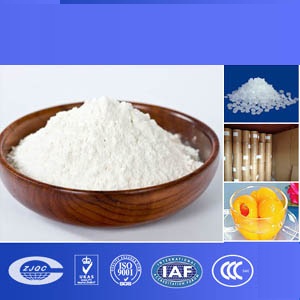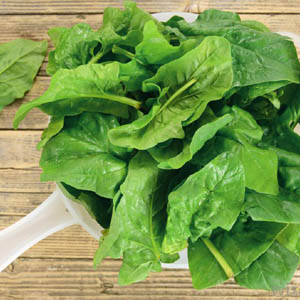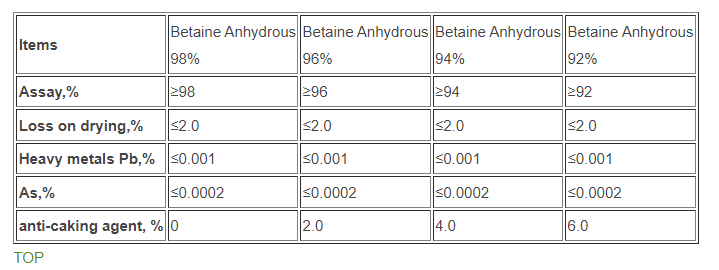Betaine

Betaine
CAS No:107-43-7
Einecs No:203-490-6
HS Code:29239000
Routine Packing:25 kg/bag
Place of origin:China
QC:Haccp, Kosher, Hala,Iso
Payment terms:T/T or L/C
Port of dispapch:Shanghai,Tianjin,Qingdao
Applications:Betaine is an efficient methyl group supplier and can be used to partially replace choline chloride in feed rations to decrease formulation costs.
Betaine provides enhanced stability for other micronutrients such as Vitamins A and B and other nutrients in the premix.
About Betaine
Studies suggest that betaine, along with vitamins B6, B12, and folic acid, helps reduce higher levels of homocysteine. Some studies show that high levels of homocysteine may encourage atherosclerosis (hardening of the arteries).
Betaine supplements may increase cholesterol levels, which could work against any treatment for heart disease. If you are at risk for heart disease, your doctor may test levels of homocysteine in your blood. Ask your doctor whether taking supplements of betaine, folic acid, and other B vitamins makes sense for you.
Dry Mouth
One study found that a toothpaste containing betaine helped relieve dry mouth.
Cancer
One study found that higher betaine intake protects against lung cancer by minimizing the adverse effects of smoking. A second suggests that betaine intake may lower the risk of breast cancer.



